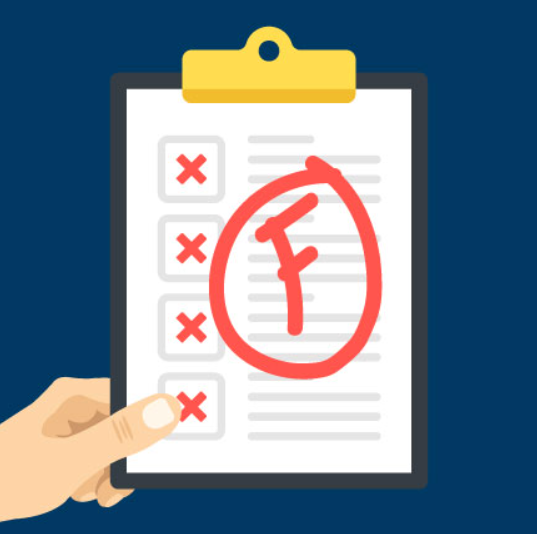Can a House Fail an Inspection? Understanding How Home Inspections Really Work
One of the most common myths in real estate is the idea that a house can “fail” a home inspection. Whether you’re a first-time buyer, seller, or just getting ready to schedule an inspection, it’s important to understand what actually happens during the process—and what your results mean for your home sale or purchase.
Home Inspection: Not a Pass or Fail Test
A certified home inspection is a thorough, visual assessment of a property’s major components, such as the foundation, roof, electrical, plumbing, HVAC, and more. But it’s not an exam—with a grade at the end—that a house can simply pass or fail. Instead, the inspector provides a detailed report of all findings, both positive and negative, giving you a reliable snapshot of a home’s current condition.
The Purpose of a Home Inspection Report
-
Document Existing Conditions: Inspectors highlight any issues, whether minor or major, and note components that may need attention soon.
-
Empower Negotiation: Buyers and sellers use the inspector’s report to negotiate repairs, price adjustments, or request additional evaluations before closing.
-
Safety First: If there are serious safety concerns (such as mold, radon, or electrical hazards), they are clearly outlined so everyone knows what risks exist.
What Happens If Major Issues Are Found?
Finding a problem—like a leaking roof or faulty wiring—doesn’t mean the house “fails.” Here’s what happens instead:
-
Flagged for Review: Any significant defect is called out. The buyer and seller decide how to handle it: repair, renegotiate, or sometimes even walk away.
-
No Automatic Disqualification: Only government-mandated safety or compliance (rare in standard real estate transactions) will prohibit closing; most issues can be negotiated or repaired.
-
Recommendations, Not Requirements: Inspectors recommend actions but don’t require them. You receive expert advice—not a verdict.
Why This Matters to Buyers and Sellers in Northeastern Ohio
Older homes in Cleveland, Akron, Canton, and surrounding areas often have aging systems, foundation cracks, or moisture problems. A home inspection helps identify these issues so buyers can make an informed decision without fear of “failing” the inspection. For sellers, understanding your property’s strengths and weaknesses allows you to proactively address concerns before listing.
Key Takeaways
-
A house does not “pass” or “fail” an inspection. Instead, it gets a comprehensive report highlighting conditions and needed repairs.
-
Most items can be fixed, negotiated, or planned for—they do not stop the sale.
-
A qualified inspection arms you with knowledge, not judgment, supporting confident decisions for both buyers and sellers.
If you’re ready to make sense of your home’s condition or want a thorough, certified inspection in Summit County or throughout Northeastern Ohio, contact Cuyahoga Valley Inspections. We’ll guide you through every step and answer your most pressing questions—no myths, just facts.

